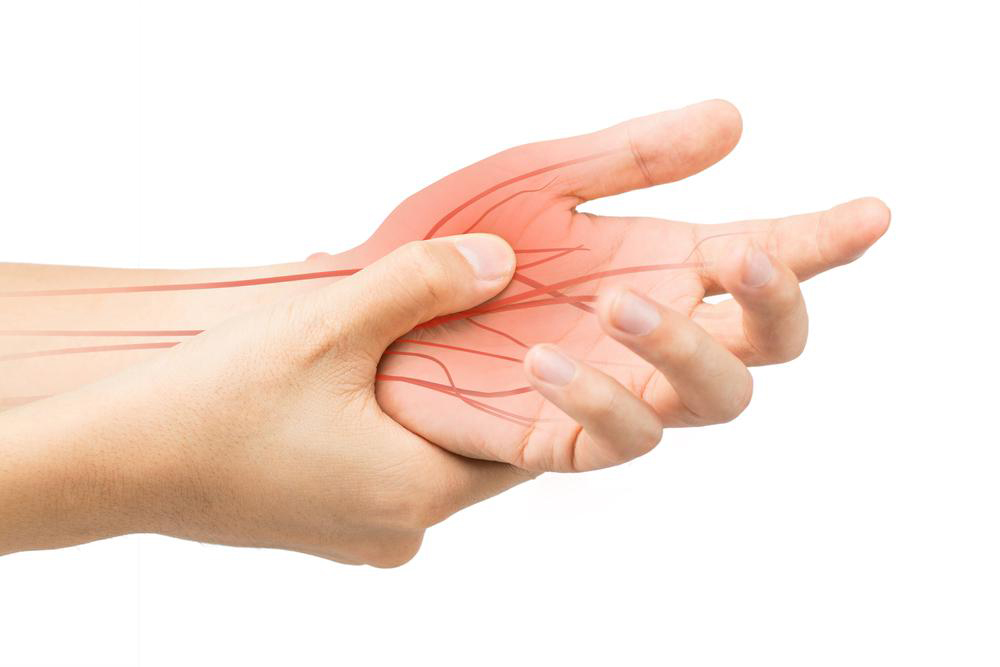Ultimate Natural Strategies for Neuropathy Relief
This comprehensive guide offers natural strategies for managing neuropathy pain, emphasizing lifestyle changes, home remedies, and dietary tips. It covers nerve types, causes, symptoms, and practical methods to alleviate discomfort effectively, encouraging proactive management and professional consultation when needed.

Complete Approach to Relieving Nerve Pain Naturally
Neuropathy involves nerve damage, mainly affecting the peripheral nervous system. Our nervous system comprises the central and peripheral components, with peripheral nerves transmitting signals between the brain, spinal cord, and body. Damage to these nerves leads to peripheral neuropathy.
Neuropathy covers various nerve types, with symptoms dependent on which nerves are affected.
Peripheral nerves susceptible to neuropathy fall into three main categories:
Sensory nerves - Transmit sensory information from organs like eyes and skin to the brain.
Motor nerves - Control voluntary muscle movements.
Autonomic nerves - Regulate involuntary functions such as heartbeat and digestion.
Sometimes, only one nerve is affected (mononeuropathy), while multiple nerves are involved in polyneuropathy.Neuropathy can result from inherited traits or acquired conditions, including:
Diabetes (a leading cause, high blood sugar damages nerves)
Kidney conditions
Use of certain medications (antibiotics, chemotherapy, antivirals)
Chemical imbalances
Cancer or tumor presence
Blood disorders and vascular issues
Alcohol misuse
Physical injuries
Hormonal imbalances
Vitamin deficiencies, especially E, B1, B6, B12, and niacin
Symptom presentation varies by nerve type:
Sensory: Numbness, tingling, burning sensations, balance problems, heightened sensitivities, skin changes, nerve pain.
Motor: Muscle pain, weakness, cramps, twitching, paralysis.
Autonomic: Bloating, constipation, rapid heartbeat, temperature sensitivity, dry eyes/mouth, swallowing issues.
Home remedies and lifestyle adjustments to manage neuropathy include:
Blood sugar management: Crucial for diabetic neuropathy to keep blood glucose stable.
Exercise: Regular activity boosts endorphin levels and enhances circulation; even walking daily helps.
Physiotherapy: Regular sessions alleviate muscle discomfort and strengthen affected areas.
Massage therapy: Gentle massage reduces muscle spasms and eases pain.
Warm baths: Soaking relaxes nerves and decreases stress levels.
Meditation techniques: Practices like biofeedback assist in pain management and autonomic functions.
Quit smoking: Improves vascular health and supports nerve recovery.
Healthy diet: Consuming fruits, vegetables, and grains supplies vital nutrients to aid nerve repair.
Additional treatment options include:
Topical therapies: Ointments, creams, and natural oils for localized pain relief.
Pain relief medications: Over-the-counter NSAIDs like aspirin and ibuprofen can help mild pain but may be less effective in severe cases.
Supplementation: B12 injections and other nutrients can correct deficiencies contributing to nerve issues.
Implementing healthy habits, maintaining proper nutrition, and utilizing home remedies can substantially diminish neuropathy symptoms. Persistent symptoms should prompt consultation with a healthcare provider.


